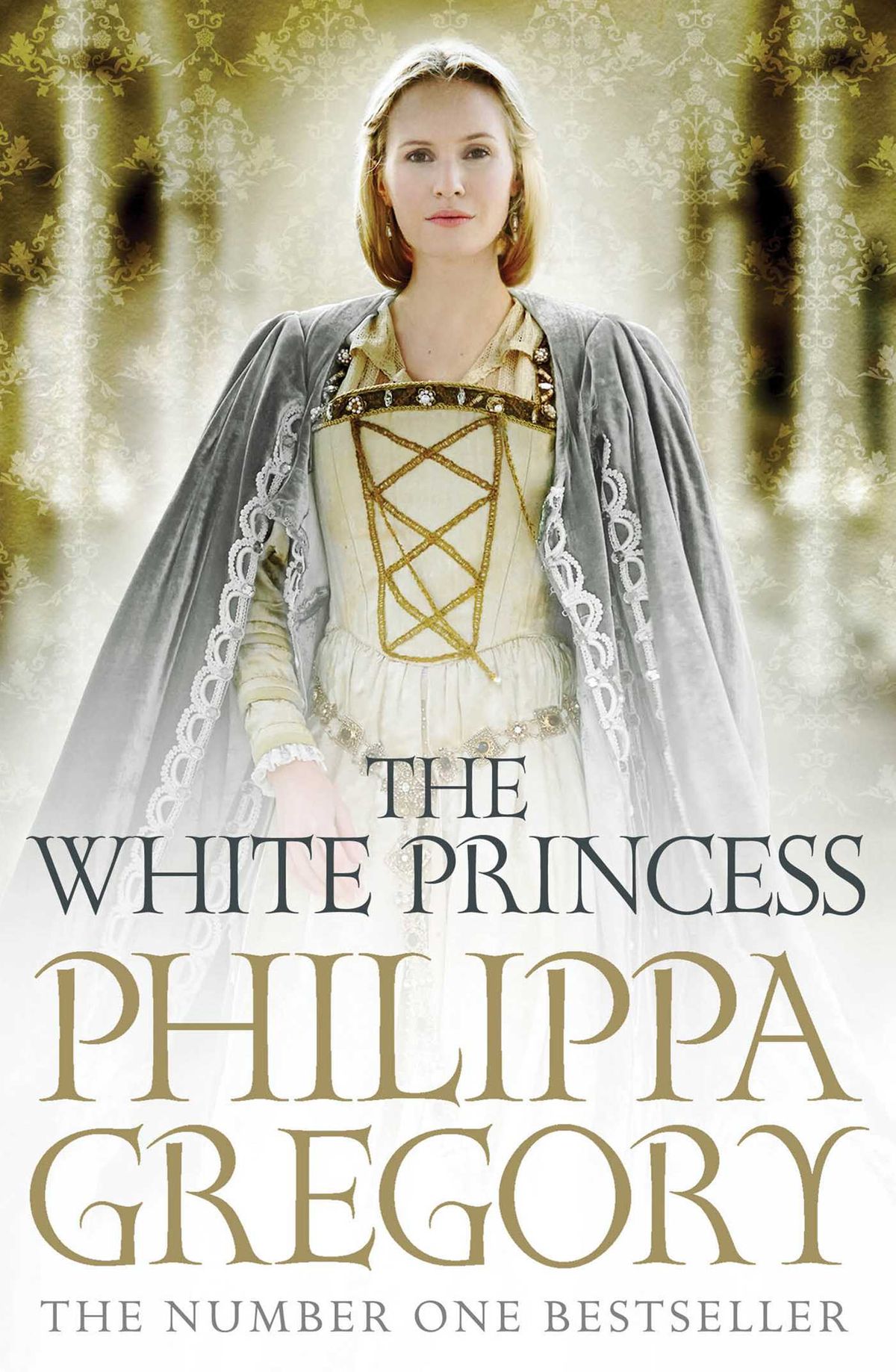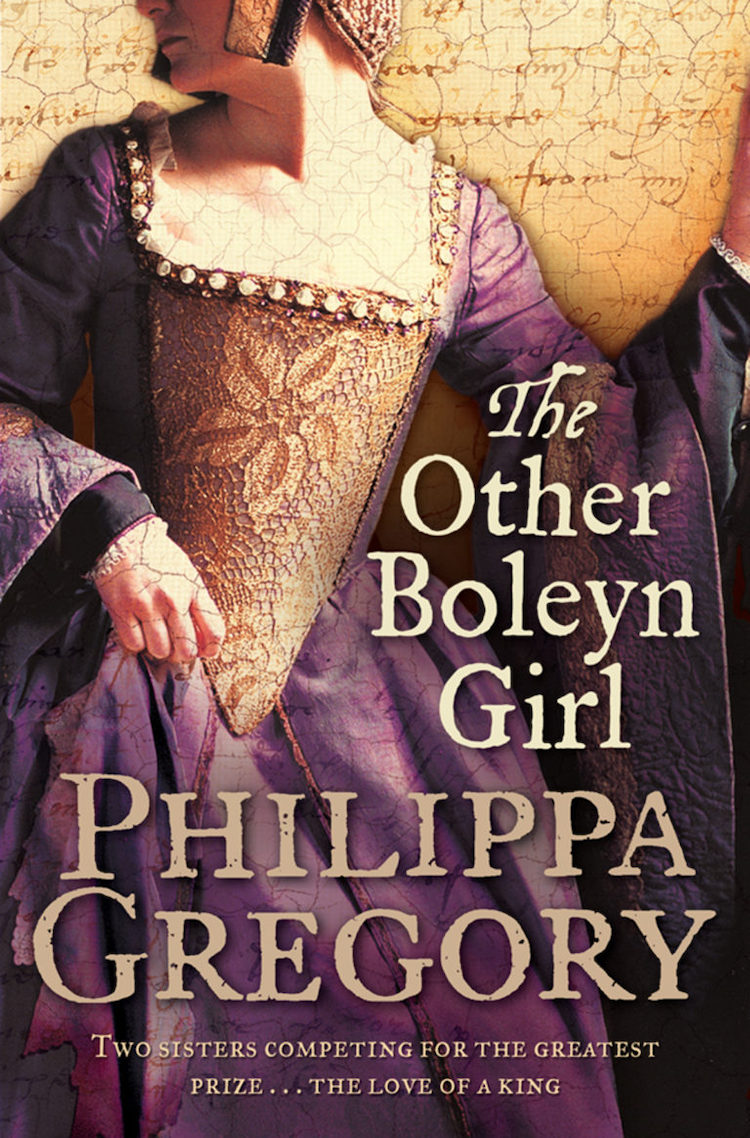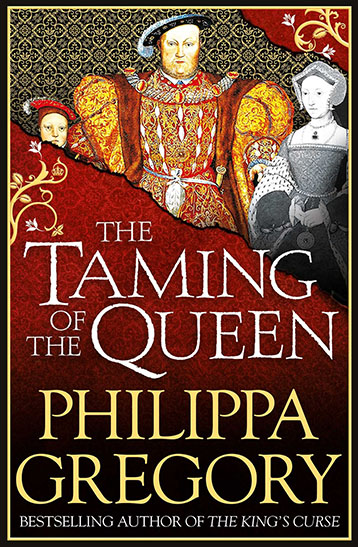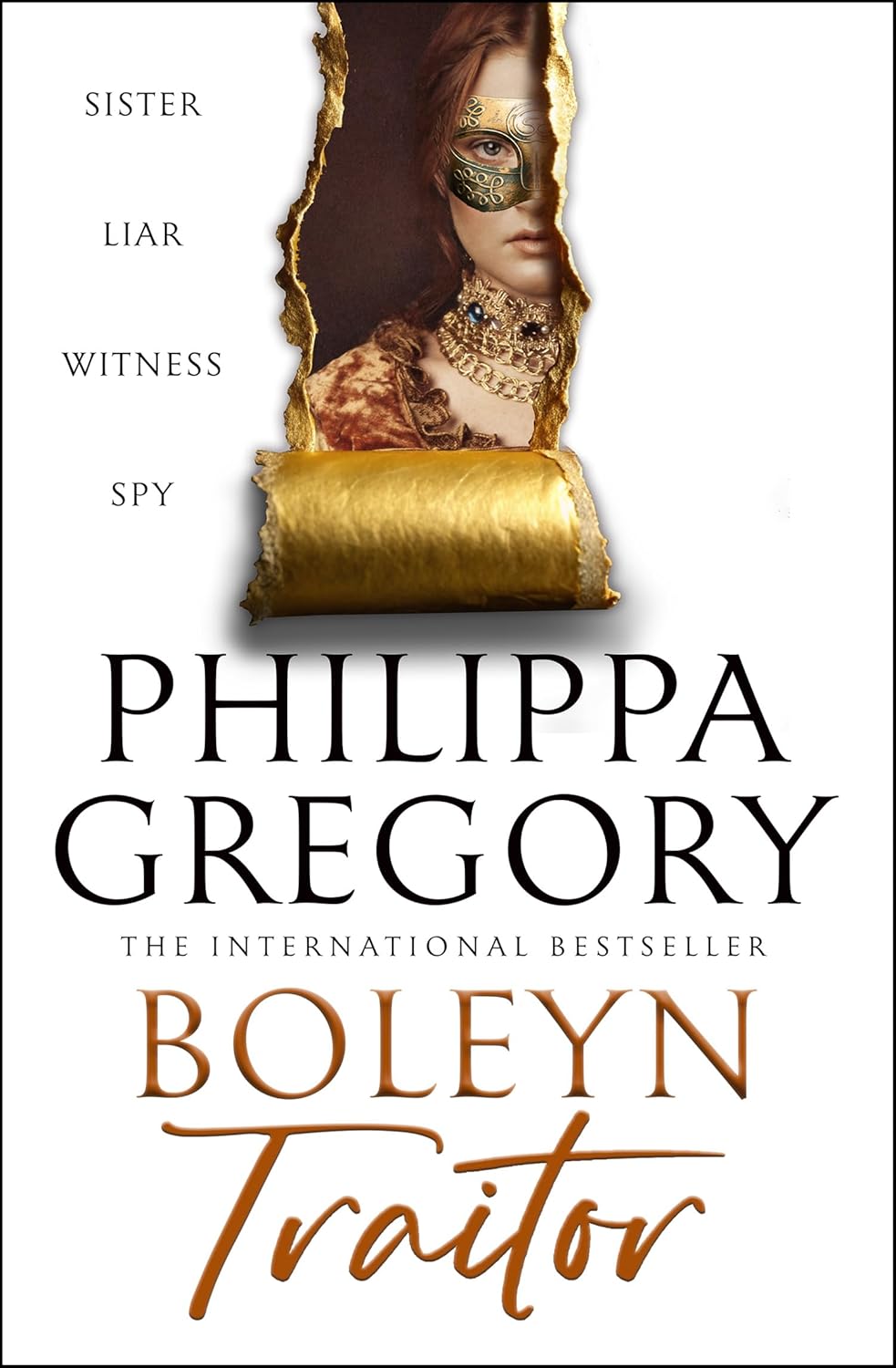Henry was the third child and second son of Henry VII and Elizabeth of York. He never expected to be king – but when his elder brother Prince Arthur died at the age of 15, after 20 weeks of marriage to Katherine of Aragon, Henry became heir to his father’s crown.
Keen to maintain the alliance with Spain, Henry VII arranged for Henry to marry Arthur’s widow Katherine and applied for a papal dispensation to allow the marriage to take place. He also had the dispensation include him and in the months after Arthur’s death considered marrying her himself.
When Henry VII died, the young Henry VIII suddenly declared that he would indeed marry Katherine and did so in a small ceremony at Greenwich. His coronation followed the next day with Katherine by his side.
Henry cultivated the image of a Renaissance man, and his court was a centre of scholarly and artistic innovation and glamorous excess. He kept instruments, could read music and play the lute. He read and wrote English, French, Latin and was thoroughly at home in his well-stocked library. He personally annotated many books and wrote and published one of his own. A big, strong man (over six feet tall and broad in proportion), he excelled at jousting and hunting. More than pastimes, they were political devices that served multiple goals, from enhancing his athletic royal image to impressing foreign emissaries and rulers.
Henry’s first move as king was to arrest Sir Richard Empson and Edmund Dudley, two of his father’s most hated ministers, responsible for collecting taxes. He executed them and returned some of the money to the people. He also pardoned some of his father’s York enemies.
Katherine’s first two pregnancies were unsuccessful, a stillborn daughter and a son who died in a matter of weeks, but she gave Henry a daughter, Mary, in 1516. Henry’s mistress at this point was Elizabeth Blount, she gave birth to an illegitimate son, Henry Fitzroy and Katherine had another failed pregnancy – a stillborn daughter.
Henry went to war in Europe, supporting a holy war in Italy, forming an alliance with Spain against France. Henry invaded France and secured some early victories, his brother-in-law, James IV of Scotland took the opportunity to invade England in support of Louis XII of France. Henry’s queen, Katherine, decisively defeated the Scots, a battle which killed the Scottish king leaving Henry’s sister a widow. Despite his successes, Henry signed a peace treaty with Louis, his daughter Mary would become Louis' wife, securing peace for eight years.
In 1518, Cardinal Wolsey attempted to unite the kingdoms against the new Ottoman threat. But Henry’s relationship with Francis I who had succeeded Louis was strained, he was more akin to Charles of Austria, who had inherited kingship of Spain and the Holy Roman Empire and sided with him when he brought the Empire into war with France. They were defeated and Henry quickly brought England out of the war.
Henry’s next notable lover was Mary Boleyn, lady-in-waiting to Queen Katherine. Her two children Catherine and Henry Carey were rumoured to be fathered by him but they were never acknowledged by him. Frustrated by Queen Katherine’s inability to provide a male heir, he fell for Mary’s sister, Anne Boleyn.
Henry looked to annul his marriage to Katherine, convincing himself that his marriage to his brother’s wife was an act that the Pope did not have the authority to dispense with. Henry’s argument with the Pope raged but Henry was not granted a divorce. Cardinal Wolsey bore the blame and was charged with treason but died before trial.
A year later, Katherine was banished from court, and her rooms were given to Anne who was educated and sharp. She put forward Thomas Cranmer for the position of Archbishop of Canterbury, he was a supporter of the divorce.
Henry married his second Queen, Anne and Cranmer declared his first marriage null and void, then declared the marriage of Henry and Anne to be valid.
Katherine was formally stripped of her title as queen, becoming instead 'princess dowager' as the widow of Arthur. In her place, Anne was crowned queen consort on 1 June 1533. Anne gave Henry his second daughter, Elizabeth.
Henry began to reform England, in 1534 the Act of Supremacy made Henry the head of the Church of England. The same year the Act of Succession was passed. It declared that Anne Boleyn’s child would be heir to the throne. England broke with Rome and English replaced Latin in church services and translations of the Bible. Idolatrous images were removed from churches and the monasteries were dissolved.
Queen Anne was not obedient as Henry expected her to be, she was opinionated, irritable and independent. After she had a succession of miscarriages Henry began making plans for another marriage and moved his mistress Jane Seymour into new rooms. He accused Queen Anne of adultery and had five prominent members of the Privy Council, including Anne's brother, arrested and charged with having sexual relationships with the queen. Anne was also arrested, accused of treasonous adultery and incest. Although the evidence against them was unconvincing, the accused were found guilty and condemned to death. George Boleyn and the other accused men were executed on 17 May 1536 and at 8 am on 19 May 1536, Anne was executed on Tower Green.
Jane Seymour became Henry's third wife, they were engaged the day after Anne’s execution and the pair were married 10 days later. Queen Jane gave Henry a son, Prince Edward but died soon after childbirth from an infection.
Anne of Cleves was born in Düsseldorf in 1515 and was chosen by Henry to be his forth wife based on a portrait by Hans Holbein. She had no formal education but was skilled in needlework and liked playing card games. She could read and write, but only in German.
Anne was described by the French ambassador, Charles de Marillac, as tall and slim, "of middling beauty, and of very assured and resolute countenance".
Despite this, Henry was said to have been disappointed with her appearance. Records describe how Henry and some of his courtiers sneaked into the room where Anne was with her ladies watching the celebration from the window, Henry was wearing a mask and a cloak and he boldly kissed her. Failing to recognise his game, Anne pushed him away, startled, and cursing in German.
Henry’s distaste for his new wife grew and he reported that he was unable to consummate the marriage because of her looks. Six months later, she was asked to leave court and soon after, the pair agreed to an annulment.
Anne received a generous settlement and the title 'the King’s Beloved Sister' and it is thought Henry and she remained close friends.
Just three weeks after Henry’s marriage to Anne of Cleves was annulled, he married Katherine Howard. Henry was nearing fifty years of age and his health was beginning to fail, he was overweight, with an ulcerated thigh that had to be drained daily. A stark contrast to the young, fun and flirtatious Katherine Howard.
Katherine had an affair with Thomas Culpepper and employed Francis Dereham, with whom she had previously had a relationship.
Religious reformer John Lascelles discovered Katherine’s past and went to Thomas Cranmer, Henry's close friend and archbishop of Canterbury. Cranmer, aware that Katherine’s relationship with Francis Dereham would invalidate her marriage to the King, wrote to Henry outlining the allegations.
Dereham was arrested and tortured, he confessed and named Culpepper, who was also arrested and confessed under torture. Maids and ladies for Katherine’s household were quick to confirm the suspicions and a love letter to Culpepper was discovered in Katherine’s distinctive handwriting.
Katherine was charged with treason and confined to her rooms at Hampton Court. She was questioned on 7th November 1541 by Cranmer himself, he found her “in such lamentation and heaviness as I never saw no creature, so that it would have pitied any man's heart to have looked upon her”.
Katherine always denied a pre-contract with Dereham, even though it would have allowed Henry to annul the royal marriage and though she would have been disgraced, her life would probably have been spared.
Culpepper was beheaded and Dereham was hung, drawn and quartered, their heads displayed on pikes on London Bridge. Katherine was imprisoned until parliament passed a bill that made it treason for a queen consort to fail to disclose her sexual history to the king within twenty days of marriage, or to incite someone to commit adultery with her. Of this she was undoubtedly guilty and she was moved to the Tower where she was beheaded at 7am on Monday, 13th February 1542 along with her cousin Lady Jane Rochford.
Henry married his last wife, the wealthy widow Kateryn Parr, in July 1543. A reformer at heart, she argued with Henry over religion. Parr helped reconcile Henry with his daughters, Mary and Elizabeth. In 1543, an Act of Parliament put the daughters back in the line of succession after Edward Prince of Wales. The same act allowed Henry to determine further succession to the throne in his will.
With a waist measurement of 54 inches, Henry had to be moved with assistance, he was in pain, and died in 1547 at the age of 55. Henry VIII was interred in St George's Chapel in Windsor Castle, next to Jane Seymour.
From The White Princess
Two years pass before we conceive another child, and then at last it is the boy that my husband needed. He greets him with a sort of passion, as if this boy was a fortune. Henry is coming to have a reputation as a king who loves gold in his treasury; this boy is like a new-minted sovereign coin, another Tudor creation.
‘We’ll call him Henry,’ he declares, as the boy is put into his arms when he visits me, a week after the birth.
‘Henry for you?’ I ask him, smiling from the bed.
‘Henry for the sainted king,’ he says sternly, reminding me that just when I think we are most happy and most easy, Henry is still looking over his shoulder, justifying his crown.
‘I am so pleased to meet you,’ he said quickly, his Latin rapid, his English accent strong. ‘I was hoping that His Majesty would let me come to meet you before I had to take you into London on your wedding day. I thought it would be so awkward to go marching down the aisle with you, and hand you over to Arthur, if we hadn’t even spoken. And call me Harry. Everyone calls me Harry.’
'I too am pleased to meet you, Brother Harry,’ Catalina said politely, rather taken-aback at his enthusiasm.
From Three Sisters, Three Queens
‘We’ll have to rehearse,’ I say. I can make Harry practise by promising him that everyone will be watching. He loves to be the centre of attention and is always winning races and competing at archery and doing tricks on his pony. He is as tall as me, though he is only ten years old, so we look well together if he doesn’t play the fool.
The black-hooded axeman put the great stained axe to one side and lifted the head by the thick curly hair, so that we could all see the strange mask-like thing: black with the blindfold from forehead to nose, and the teeth bared in a last defiant grin.
The king rose slowly from his seat and I thought, childishly, ‘Dear God, how awfully embarrassing this is going to be. He has left it too late. It has all gone wrong. He forgot to speak in time.’
But I was wrong. He did not leave it too late, he did not forget. He wanted my uncle to die before the court so that everybody might know that there was only one king, and that was Henry. There could be only one king, and that was Henry. And there would be a son born to this king – and even to suggest otherwise meant a shameful death.
From The King's Curse
But I am mistaken in this. While I think of the sensitive man recoiling with shame, raging at the loss of the woman for whom he destroyed so much, Henry is repairing his pride, courting the Seymour girl. He is not looking in the mirror and mourning his youth. He is going upriver in his barge with lute players twanging away, to dine with her every night. He is sending her little gifts and planning their future as if they are a bride and groom betrothed in May. He is not mourning his youth, he is reclaiming it; and just a few days after the cannon shot from the Tower tells all of London that the king has committed one of the worst crimes a man can do – killed his wife – the king marries again and we have a new queen: Jane.
In truth, he is not the prince that he was. When I was first at court and he was the young husband of a beautiful wife, he was a golden king. They called him the handsomest prince in Christendom and that was not flattery. Mary Boleyn was in love with him, Anne was in love with him, I was in love with him. There was not one girl at court, nor one girl in the country, who could resist him. Then he turned against his wife, Queen Katherine, a good woman, and Anne taught him how to be cruel. Her court, her clever young merciless court, persecuted the queen into stubborn misery and taught the king to dance to our heretic tune. We tricked him into thinking that the queen had lied to him, then we fooled him into thinking that Wolsey had betrayed him. But then his suspicious mind, rootling like a pig, started to run beyond our control. He started to doubt us as well. Cromwell persuaded him that Anne had betrayed him, the Seymours urged him to believe that we were all in a plot. In the end the king lost something greater than a wife, even two wives; he lost his sense of trust. We taught him suspicion, and the golden boyish shine tarnished on the man. Now, surrounded by people who fear him, he has become a bully. He has become a danger, like a bear that has been baited into surly spite.
‘I have prayed for guidance, and I have my answer.’ I glance around. ‘Shall I speak it here and now?’
He nods; he has no sense of privacy. This is a man who is attended every moment of the day. Even when he strains in constipated agony on the close-stool there are men standing beside him ready to hand him linen to wipe, water to wash, a hand to grip when the pain is too great for him. He sleeps with a page at the foot of his bed; he urinates beside his favourites, when he vomits from over-eating someone holds the bowl. Of course he has no hesitation in speaking of his marriage while everyone tries to hear – there is no risk of humiliation for him: he knows that he cannot be refused.
‘I know I am blessed above all other women.’ I curtsey very low. ‘I shall be deeply honoured to be your wife.’
From The Queen's Fool
‘His heart will break to leave the kingdom to a Catholic heir but he can do nothing about it. It’s how King Henry left it. God bless him, he must be rolling in his shroud to see it come to this. He thought that King Edward would grow to be a strong and merry man and have half a dozen little princes in the nursery. It makes you think, doesn’t it? Is England ever to get any peace? Two young lusty kings: Henry’s father, Henry himself, handsome as the sun, each of them, lecherous as sparrows, and they leave us with nothing but a lad as weak as a girl, and an old maid to come after him?’
From The Virgin's Lover
There had to be a compromise and the Privy Council, still staffed with Mary’s advisors but leavened by Elizabeth’s new friends, came up with it. The church was to be restored to the condition in which Henry VIII had left it at the time of his death. An English church, commanded by Englishmen and headed by the monarch, that obeyed English laws and paid its tithes into the English treasury, where the litany, homilies and prayers were often read in English; but where the shape and content of the service were all but identical to the Catholic Mass.
Image: King Henry VIII by Hans Holbein the Younger, c.1537-1547
Character features in:
Related Characters:

Anne Boleyn
1507 - 1536

Katherine of Aragon
1485 - 1536

Jane Seymour
1508 - 1537

Anne of Cleves
1515 - 1557

Katherine Howard
1525 - 1542

Katherine Parr
1512 - 1548

Margaret Tudor
1489 - 1541

Mary Tudor
1496 - 1533

King Edward VI
1537 - 1553

Queen Elizabeth I
1533 - 1603

Queen Mary I
1516 - 1558

Elizabeth of York
1466 - 1503

Henry Tudor
1457 - 1509









